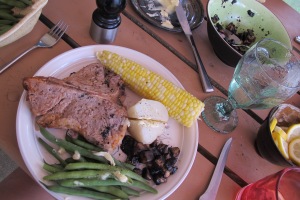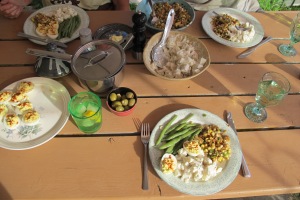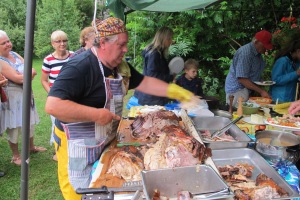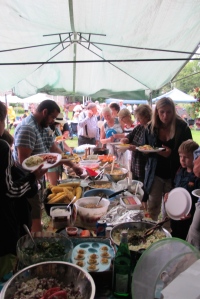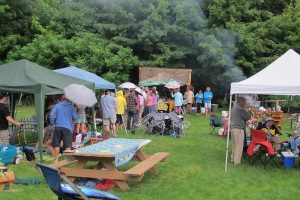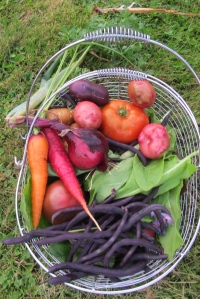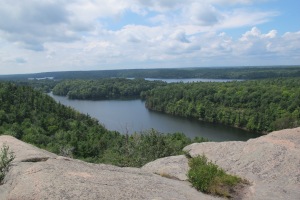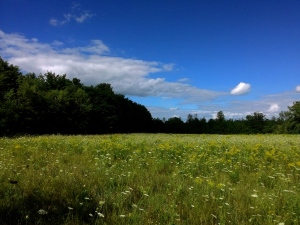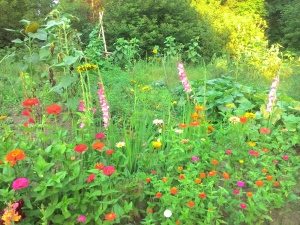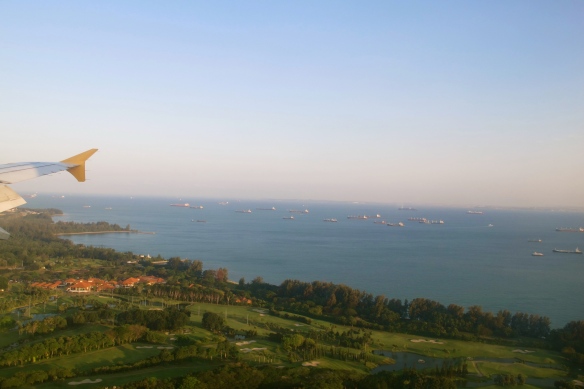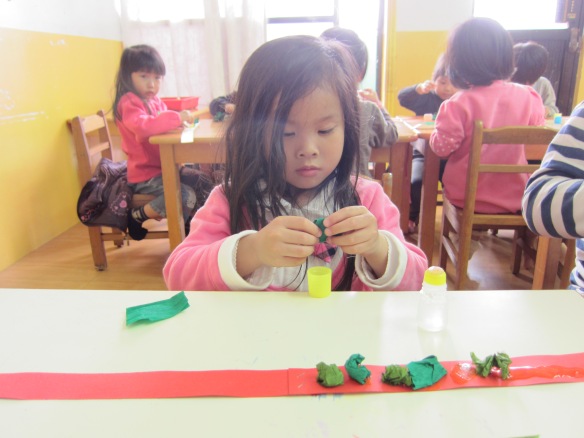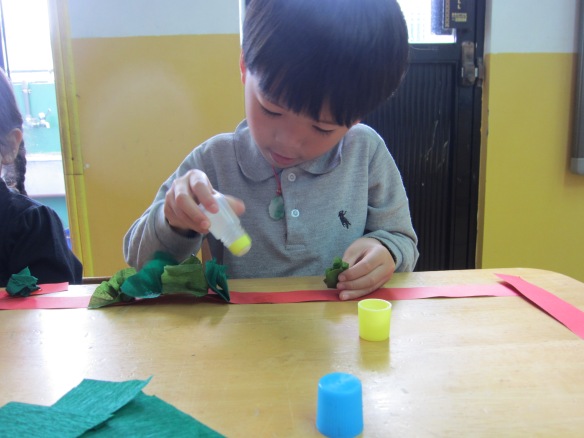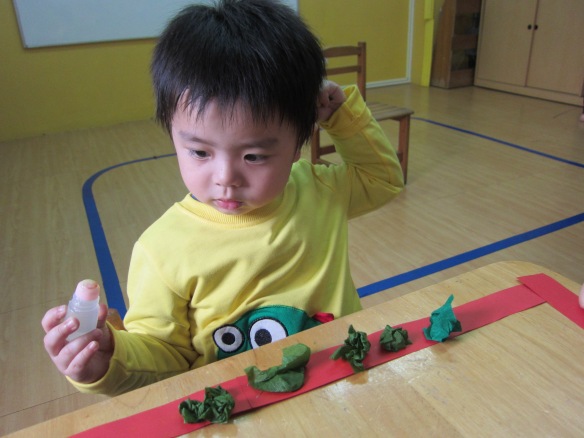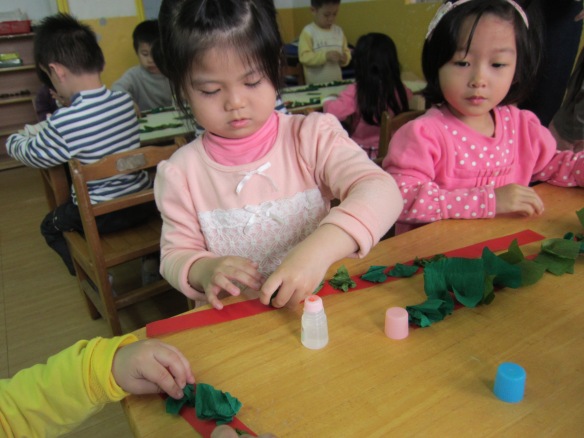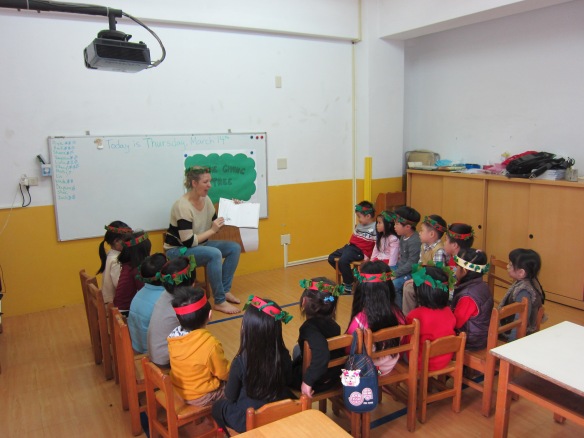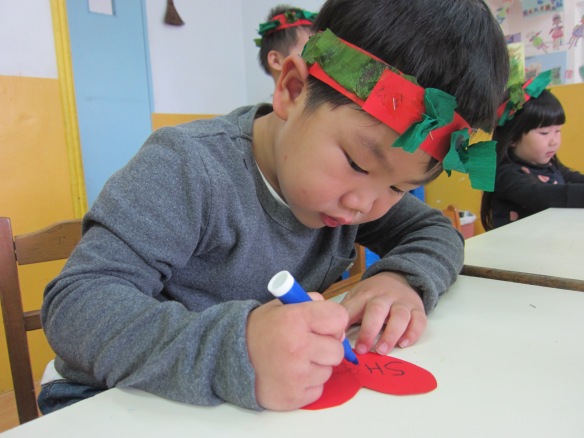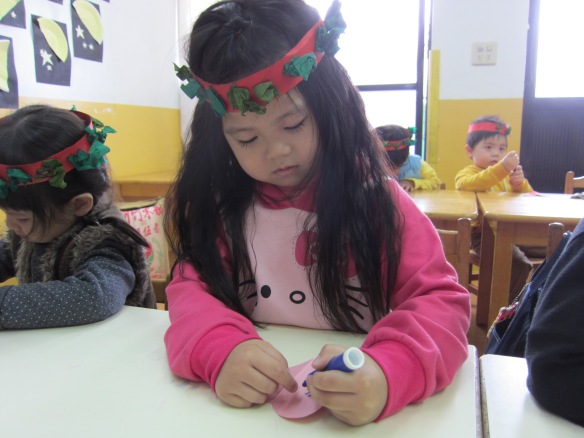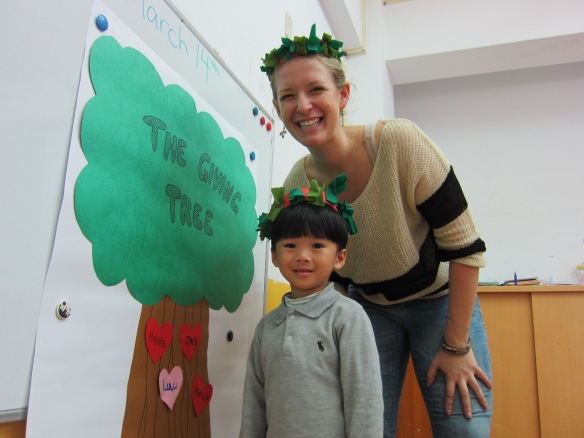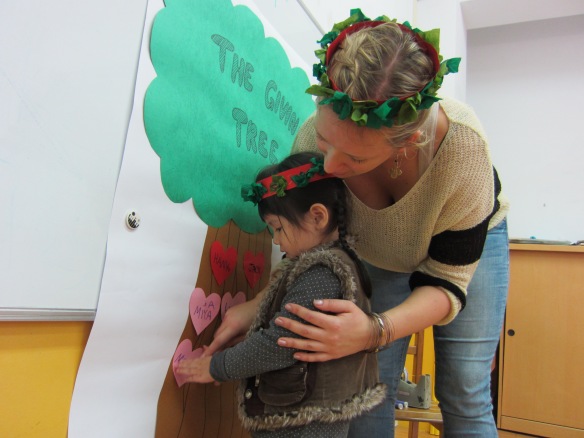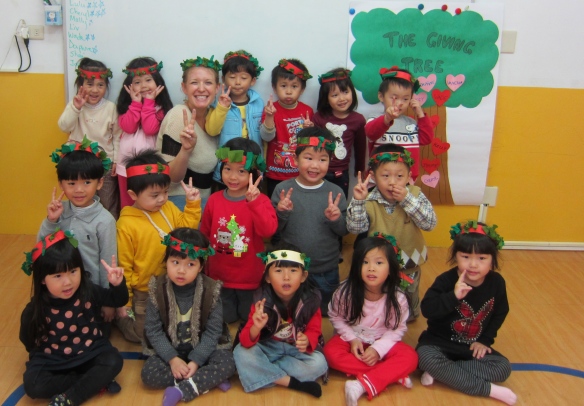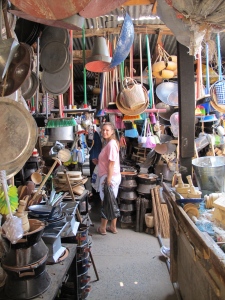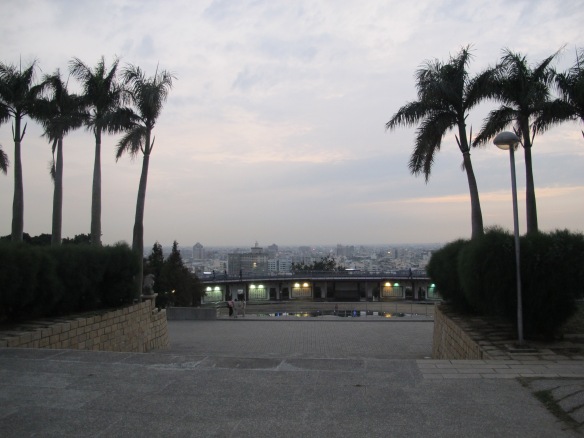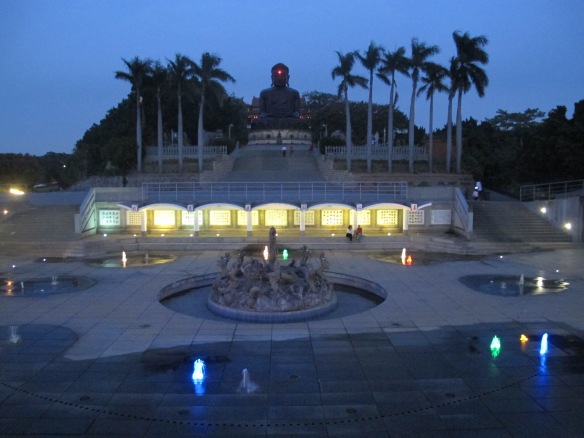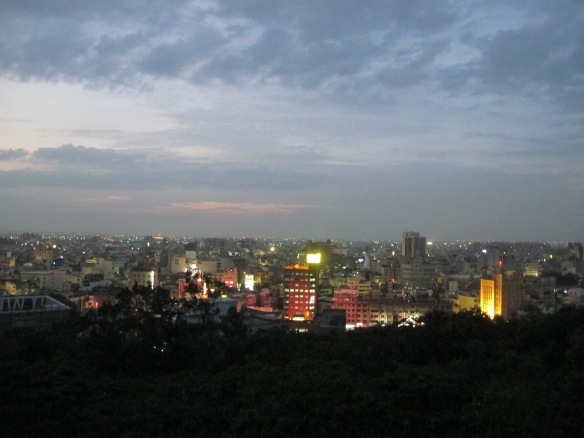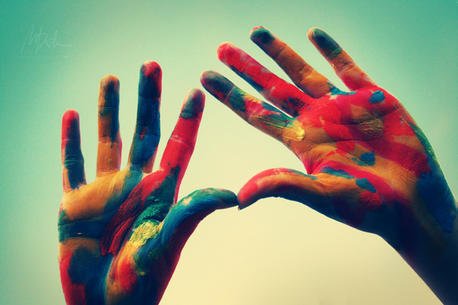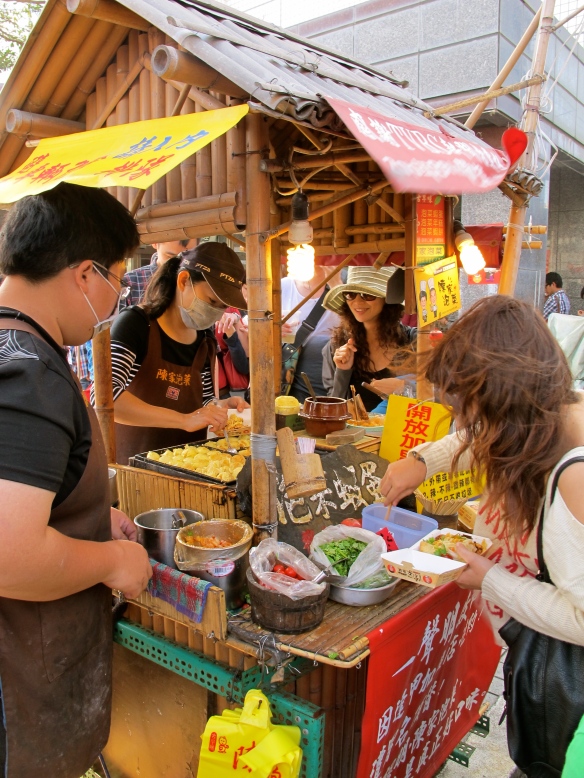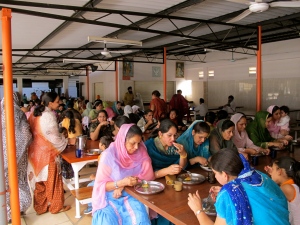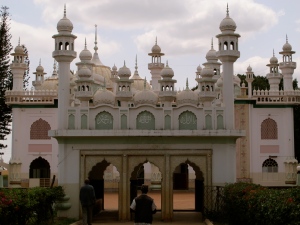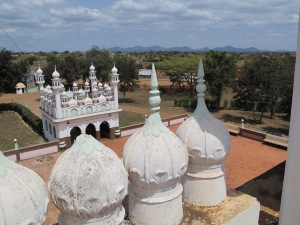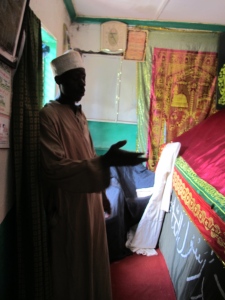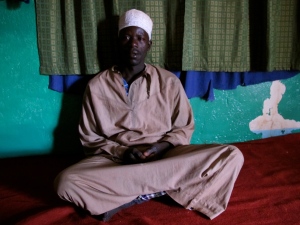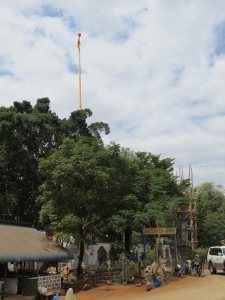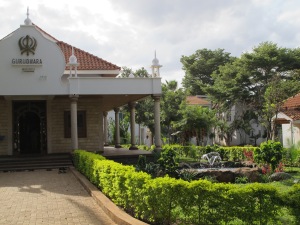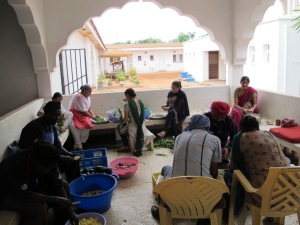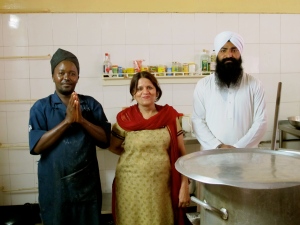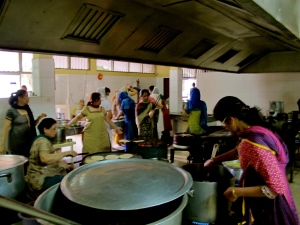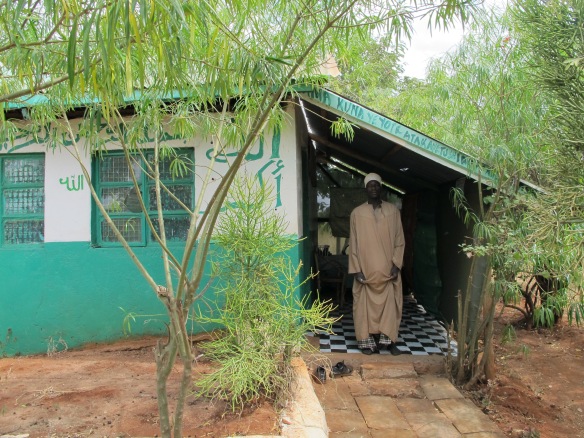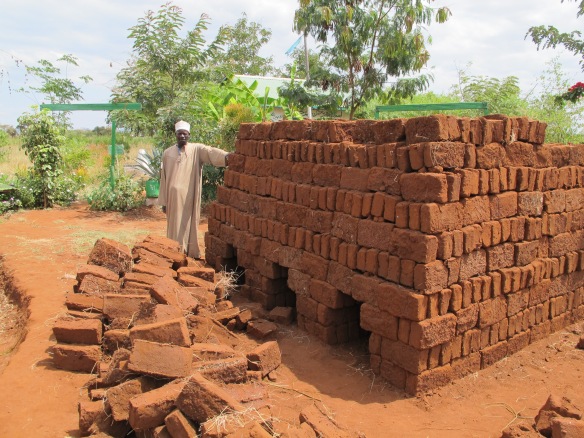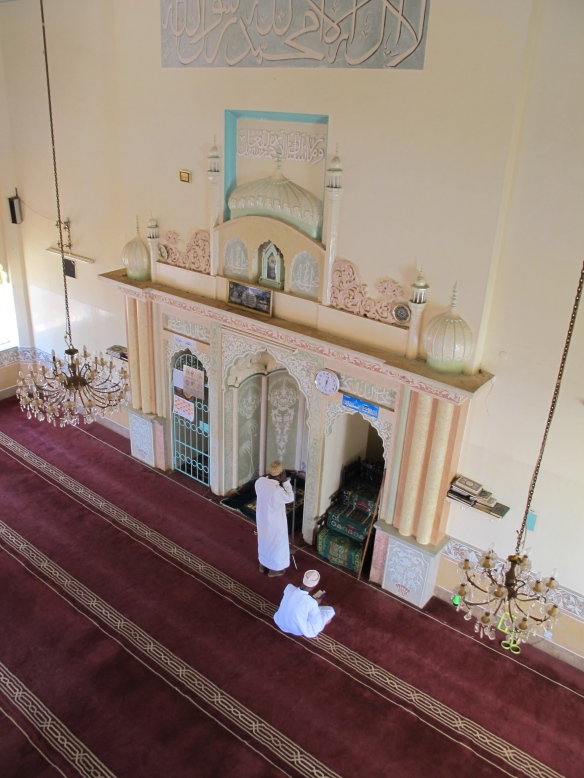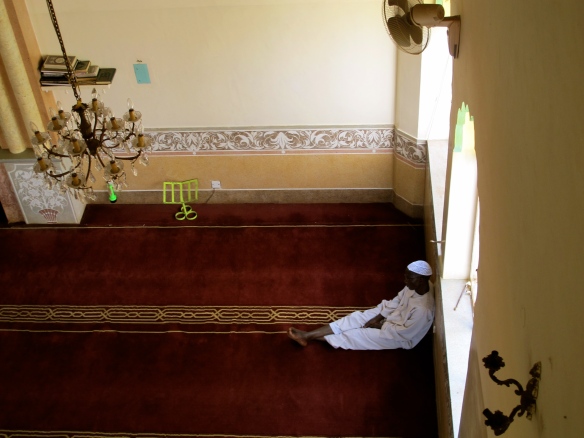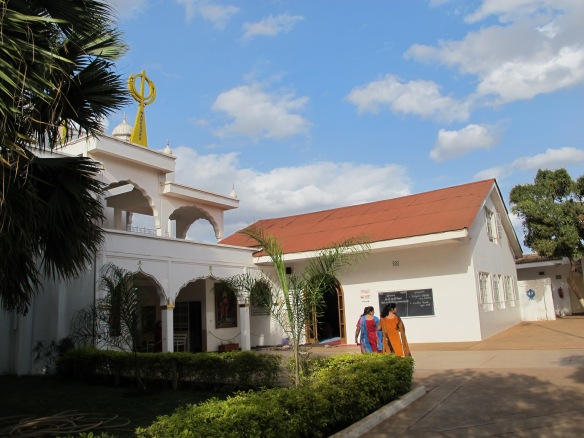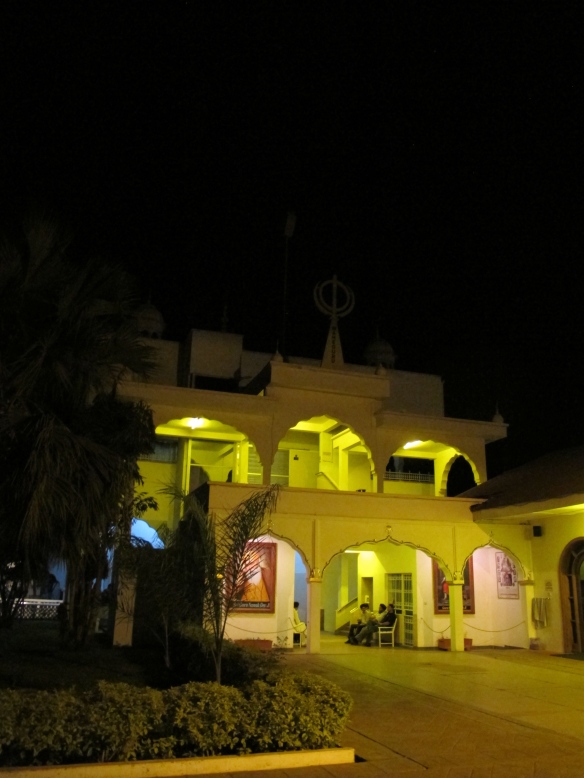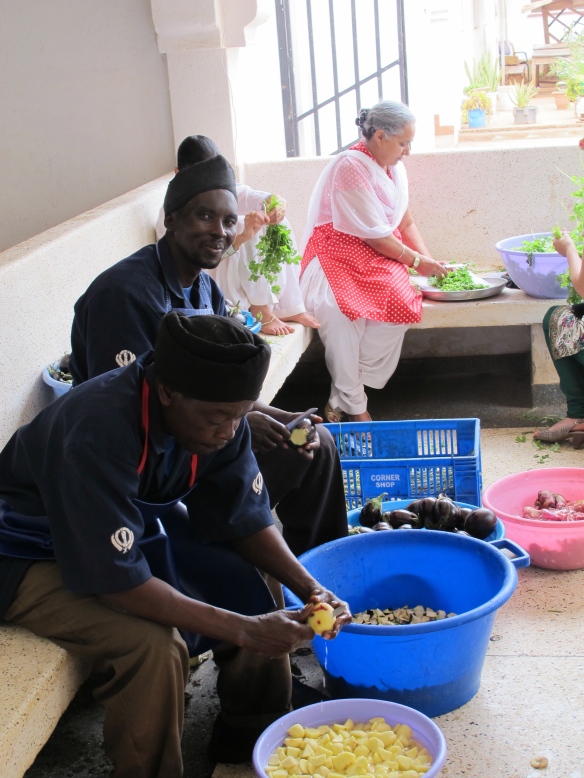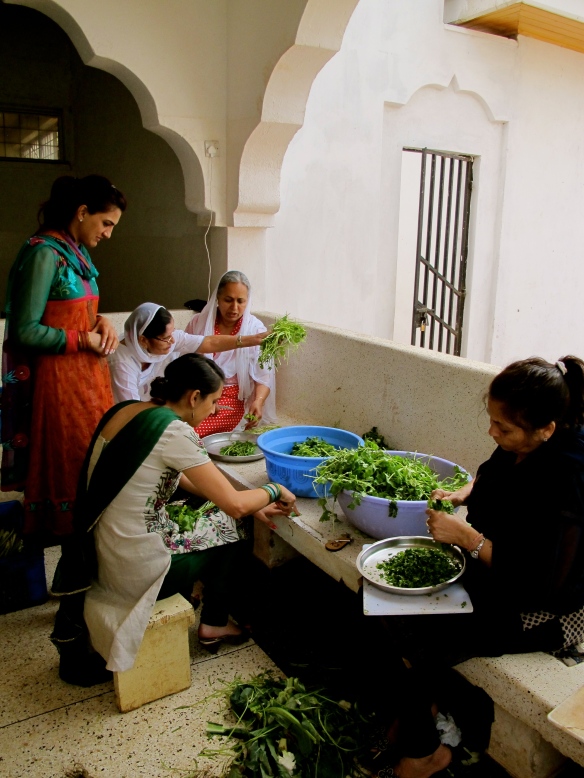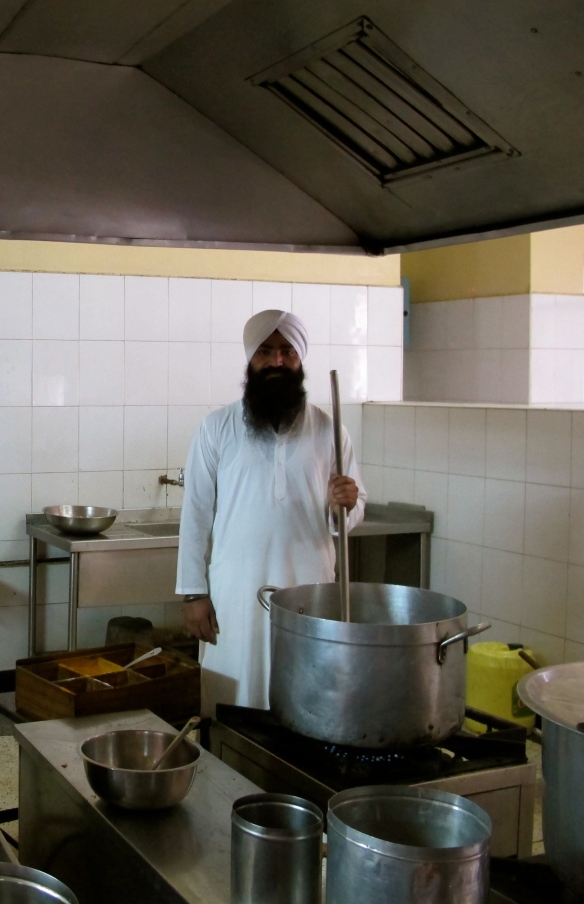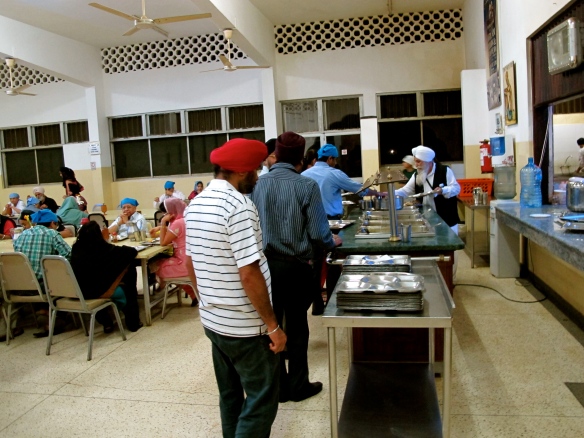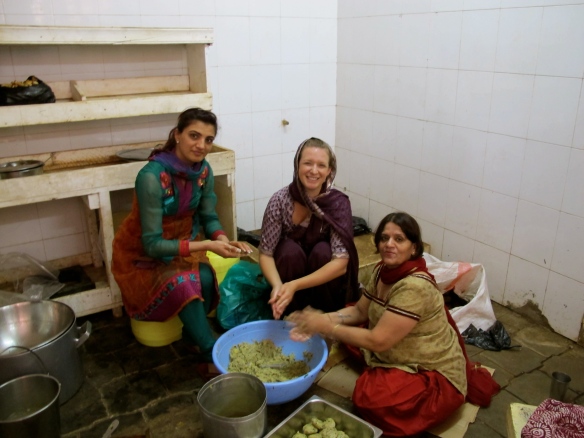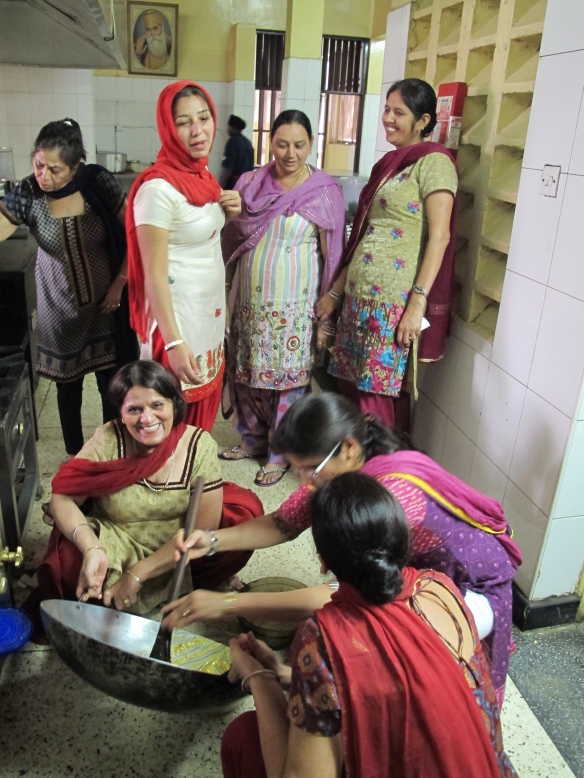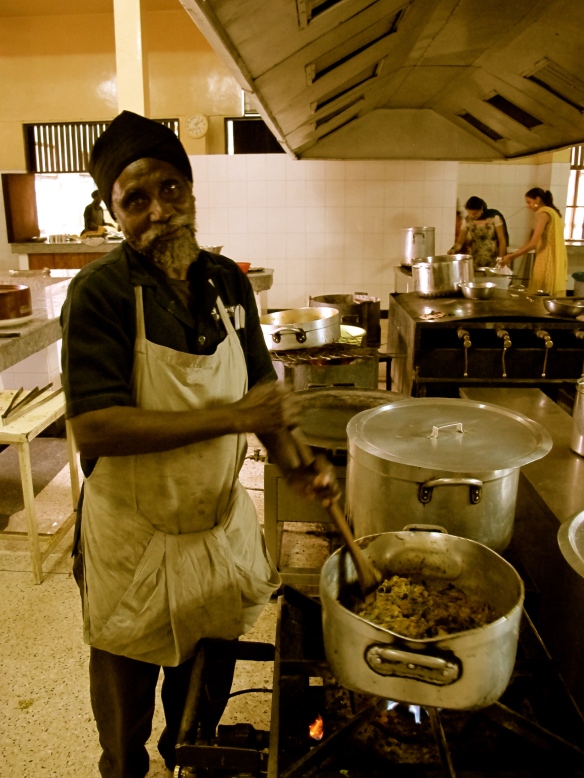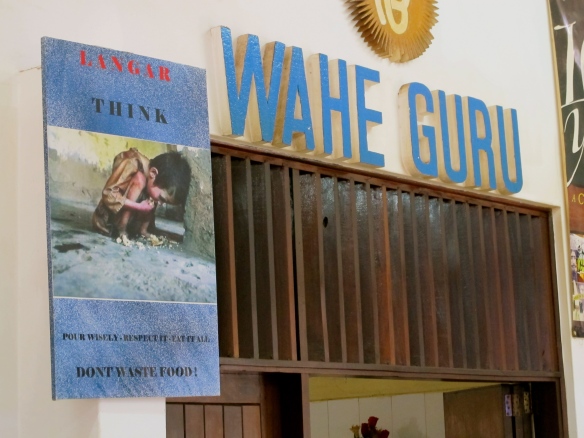Today’s article is written for the Reach To Teach Teach Abroad Blog Carnival, a monthly series that focuses on providing helpful tips and advice to ESL teachers around the globe. I’ll be posting a new ESL related article on my blog on the 4th of every month. If you’d like to contribute to next month’s Blog Carnival, please get in touch with me at appetiteodysseys@gmail.com, and I’ll let you know how you can start participating!
This month’s topic for the Blog Carnival is to discuss “how living abroad can make you a better person.” Check out the other wonderful articles written by bloggers on the same topic.
I’m a Canadian who has lived “abroad” in Ghana, France, the UK, Tanzania, and am now living in Taiwan. I’ve also traveled to many other countries all over on shorter adventures. So it turns out I find there is a fair bit for me to think about on this topic! Hopefully as I contemplate it here, it can help you too!
Why learning is awesome
To begin, I’d like to share with you a bit of what I think about learning. Whether it’s learning through the thoughts and experiences of yourself, or learning through the thoughts and experiences of others.
Yann Martel’s witty book implores the necessity of living a life that both challenges and adds to your own lived experience. He relates this importance of expanding your horizons with reading books. I’m hoping to take his lead and then show you how you can expand your horizons by way of analogy, while in the process of doing so very literally.
An excerpt from his introduction starts us out quite eloquently:
“The great thing about reading books is that it makes us better than cats. Cats are said to have nine lives. What is that compared to the girl, boy, man, woman who reads books? A book read is a life added to one’s own. So it takes only nine books to make cats look at you with envy.
And I’m not talking here only of “good” books. Any book—trash to classic—makes us live the life of another person, injects us with the wisdom and folly of their years. When we’ve read the last page of a book, we know more, either in the form of raw knowledge—the name of a gun, perhaps—or in the form of greater understanding. The worth of these vicarious lives is not to be underestimated. There’s nothing sadder—or sometimes more dangerous—than the person who has lived only his or her single, narrow life, unenlightened by the experience, real or invented, of others.”
I wholeheartedly agree with Martel. Reading is such a wonderful way to open up whole worlds and lives that you never knew existed. I am the type of person (and I have a feeling you may be too) that has an endless wish-list of books I want to read. This gets to the point of dreadful guilt, because the list will never fully be realized. On the otherhand, the books I do have the privilege to open and to read have invariably always added a new scope—even in the most minute way—to how I then live and interpret my life.
Once your mind has been expanded, it is never undone. We may—in fact, we definitely do—forget things we’ve read or heard, or even lived. But we’re in a constant state of building on prior knowledge, and seeing new encounters through an ever changing renewed lens. It’s our choice how we want that lens to change. (See this inspiring talk for how we can play a little tetrus with the brain).
A type of learning that will add your own lives to your own life
Let’s expand Martel’s example of reading books to traveling and living abroad. I believe that by stepping outside of your norm, your everyday, you will continuously add life to your own life, creating an infinite lifeline that any cat might envy.
Pushing beyond the wonderment of the contents laid out between two covers (or now an e-reader), l do think a lived experience is much more profound and definitely more enjoyable than any word that can be found on anyone else’s page. Your sights, your sounds, your smells, your tastes, and your textures are yours, and yours alone. And they are yours to experience as you are taught, and as you choose.
Traveling can be a great start to step outside of your norm and to add new dimensions to your life. Take a week, or weekend trip somewhere, or even just spend a few hours in a new place, and you will have opened up whole new ways of thinking, living and experiencing for yourself.
I like to think a person can gain a lot from just a short traveling adventure. In fact, I think there’s a real—and wonderful—phenomenon that when we travel, our multiple senses are heightened to the beauty of our surroundings. We see wonder in things that if we were to live them every day, we would neglect and ignore them.
On a short trip I catch myself thinking something like, “Wow, let me take a picture of that alley (for example). It is so beautiful with the old stones and there is water coming out of that random but perfectly placed pipe over there. This place is absolutely perfect. And it is beautiful. And life is beautiful. And the earth is beautiful. And whoever built it, and whoever now lives here is also beautiful. And wow, I’m lucky to be here.” I’m sure someone who lives around the corner from that alley probably never gives it much (if any) notice.
Even more fundamentally when traveling, you begin to ask questions. Whether these questions are about your new surroundings, or of your own previous existence—they will fundamentally change who you are and how you see the world. This can be something as basic as, “There is hardly any water in this toilet. Why is there hardly any water in the basin of this toilet? Are they short of water? Or do I overuse water? What is the state of water in this world? What can be done about it?” (and the list of questions can continue in this fashion if you let it). This is not even to mention the moments of having to use a toilet that looks and functions nothing like a toilet you’ve ever encountered—there will be skirt lifting or awkward moments of trying to hold your pants (I mean trousers for you UK folk, though underwear/pants are awkwardly in the way in these moments too), standing or crouching you have to improvise and use muscles you never knew existed when you encounter non-western toilets!
But regardless of the encounter, or the seemingly trivial (or awkward) experience, questions can lead you to a whole new path in life. And this IS worthy of exploration. And these moments and your questions can certainly provide some lively storytelling for yourself.
In short, I tend to think, traveling is da bomb.
But living somewhere different than you’re use to takes this experience to a whole other dimension.
You can find yourself experiencing these moments of wonderment and fascination at any point throughout the duration of your stay in your new home. The smells, the tastes, the nuances of communication, the adventure of it all is still magnified in your new existence. But it coincides with a heavier dose of reality. You will experience different ways of thinking, and certainly different ways of being. This will, I can assure you, change how you think about the world, and how you live your life thereafter—and it augments any book you’ve ever read, or travel experience you’ve ever had, by the thousands.
I think most especially, it allows you to really get to know other ways of thinking, being, and behaving in this world—by actually doing it. For me, living abroad is the apex of learning. Which is the apex of giving yourself new chances and opportunities to live more fully.
And here’s why:
1) You learn about yourself. An incredible amount of soul searching can happen when you embark on a new destination to start a new life. This soul searching can approach you at the craziest times when you live abroad, and can deeply affect the life you then lead. I generally experience the most intense bouts of inner reflection when I’m in the actual process of moving.
You pick up whatever belongings you deem worthy to keep with you, stuff them into a bag—though I’ll admit to often using two, I’m still a heavy packer despite knowing better… something for me to keep working on! Either way, it’s very liberating to give away and leave behind “things” that no longer seem important. You can disconnect from the ridiculous amount of ‘stuff’ our society tells us we need, and you can realize that what you really need is to be happy. And happiness can come in so many more exciting ways than in the ownership of “things.” It can come from you.
As you leave one place behind, you are entering into the realm of the unknown. This is the perfect moment to reflect on your experience and thoughts of the past and your hopes for the future. I can assure you, a long airplane ride by yourself gives you ample opportunity and inspiration to think about these things. These moments of deep internal reflection have been a vital way for me to connect with my own hopes and dreams, and even my thoughts and philosophies on life and meaning.
Starting a new life somewhere will challenge you and bring out strengths and weaknesses you never knew you had. At first, you learn to prioritize. Find a place to live, find where to get food, learn how to communicate. If you can navigate your way through even these basic tasks in a new place, you might find you’ll be surprised at your own saviness, strength, and resolve. I can tell you after a few weeks of living in a shared room in a hostel in London without any apartment in sight, my inner strength was at one of its most tested. There will be breakdown moments (mine happened in a public bathroom stall since I had nowhere to cry in private). But even after any serious bout of crying, you can pick yourself up, talk to some new friends, and the moment you ask for help and imply the need for a little sympathy, you WILL find what you’re looking for.
This brings me to our second stage of learning, which involves needing and being surrounded by other people.
2) You learn about others. As I’ve mentioned, reading and traveling is a great way to do this. But living abroad allows you to actually experience a life with new ways of thinking, seeing, communicating and yes, of course eating.
I have yet to really understand people who cannot see that there are infinite ways to be in this world. Difference does not imply inferiority. Nor superiority for that matter. Through learning and expanding our education of how “other” people live, we can only expand our own way of life. Whatever direction that may take.
There is a whole wealth of literature on the experience of “othering.” For some reason, we humans have an unfortunate disability when it comes to thinking of “self” vs. “other.” It’s the very basis of conflict, stereotypes, and discrimination.
I do see the pride and joy we can experience in “self” and “we” identifications. For just one example, I gladly don my Canadian identity in multiple ways, and lament moments where I cannot encounter things that are very substantially “me.” This would be compared to where I’m living which might be very substantially somebody else’s “me.” (Longing for certain foods is the best tangible example of this).
But with a celebration of my own self identity, I think it is also equally (if not more) important to celebrate and learn from the identities of others. Once you do this, you will realize the humanity we all share. Living abroad will actually take this to a whole other level, forcing (in both pleasant and unpleasant ways) your own identifications to change.
I still catch myself wanting to move money or food into my right hand instead of my left (a trait I picked up in Ghana), as your left hand is polluted and considered highly disrespectful for passing or receiving things or for eating. I catch myself wanting to use words that just don’t have a translation in English, or that simply sound nicer and feel better on the tongue in another language. One example: the Swahili word mvinyo is really the only word I can use for wine now. I mean, mmm-veen-yo! Yum! That’s what that is.
Even more profoundly, after leaving a place you’ve lived abroad, you can find yourself truly longing for parts of that culture. Reverse culture shock is a very real and yes, shocking, experience. But beyond that, I know I couldn’t live a life without tasting kili wili (fried plaintain bits) or fufu ever again. Or more recently when I visited Canada, despite only being there for a little over a week and being surrounded by all the favourite foods I’d been longing for, I actually also craved Oden—the Japanese soup I’d grown very fond of here in Taiwan.
This all brings me to my final point about learning abroad:
3) You will learn about the world. By inhabiting a part of the world you’d never before considered, you will open up your life to living as a more globally conscious citizen. You will learn other ways of thinking and being as they relate to your own past experiences of thinking and being. By doing so, you start to see the world as it works both within and across designated borders.
You will become a pro at understanding international time zones. You will have multiple random acronyms for airport codes stalk-piled in your brain. Despite any deficiency at doing math (like I truly have), you will still be able to translate multiple national currencies in your head at least within a close approximate. You will (somehow) learn to navigate the incredible bureaucracy and red tape required to enter and to stay in different countries—and If you don’t know it off the top of your head, you will definitely know where to look. See this awesome meme that anyone living abroad can probably relate to. I don’t identify with their use of the term “third-culture” but I definitely relate to most of their posts as someone who enjoys living abroad.
In addition to these pretty valuable (or useless, depending how you look at it) skills, living abroad will also help you recognize the world as the wonderful and sacred planet that it is. You’ll find new ways to question how the world is treated, and hopefully, just hopefully, you can be part of the forward thinking dialogue that will shift the way we treat this big yet fragile earth.
So, in conclusion, I think there are about a million ways living abroad can better your life. But the most poignant for me, is that you will learn. You will learn about yourself, about others, and especially, about the world. You will experience amazing and exciting new things, and you will add new and beautiful colours to the invisible glasses through which you see the world.
Not all lenses are rosy—you will most likely also experience heartache and even deep personal crisis. Questions of home, identity, and friendship permeate the experience. But these questions can only strengthen you as you take on anything to come in your future.
I do not neglect the fact that I’ve felt incredible envy for those who stay rooted in one place. There’s something I find very respectful about people who get their ultimate happiness in the place in which they were born, and/or where they intend to stay. If there is genuine happiness in whatever life you live, then by all means, live it as you choose to live.
I am merely telling you why I am currently living the way I live.
“Somebody told me don’t stare at horizons unless you are ready to run.”** Well you can only broaden your own internal horizons by moving toward the actual horizons that call you, and by choosing to stay there for a time. In doing this, you then (even if just by osmosis) broaden the horizons of anyone else you encounter along the journey. You add life to your own life, and to the lives of others. My goodness, we really are luckier than cats with their meagre nine lives.
**These are lyrics from a great song by one of my favourite musicians, Michael Franti. Here’s a live performance of the song, “The Long Ride Home”, or you can check out his new album All People on itunes (I think anyone who has made it to the bottom of this post would love it).

